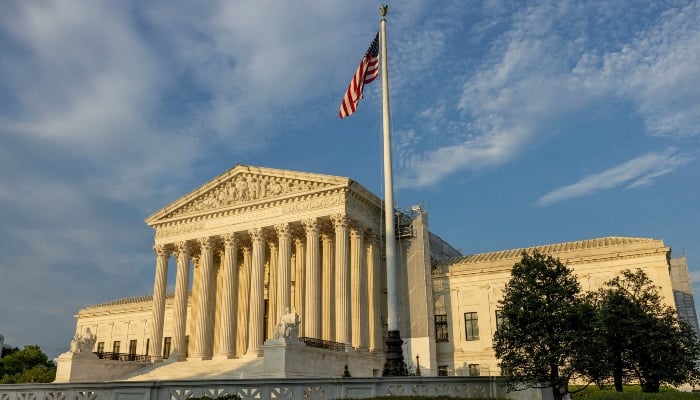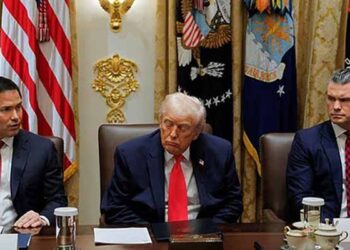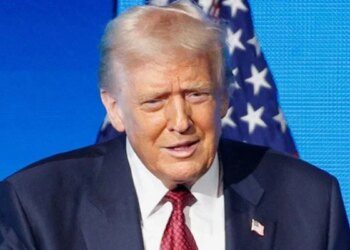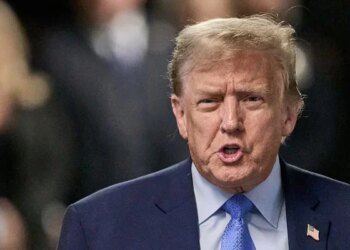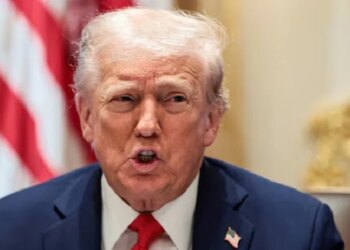Select Language:
The upcoming fall session of the Supreme Court will test the extent of Donald Trump’s unprecedented expansion of presidential powers. As the justices reconvene on Monday, the key issue will be whether the court acts as a true check on Trump’s actions or merely rubber-stamps his decisions, according to Erwin Chemerinsky, dean of UC Berkeley Law School.
Historically, a conservative-majority bench with three justices appointed by Trump suggests favorable outcomes for him. The court’s docket includes significant cases on voting rights, transgender athletes in girls’ sports, and a religious freedom dispute involving a Rastafarian whose dreadlocks were forcibly cut while incarcerated.
A major case focuses on whether Trump had the legal authority to impose hundreds of billions of dollars in tariffs on imports under the International Emergency Economic Powers Act—lower courts say he did not. Since returning to office, the Supreme Court has largely sided with Trump on critical issues, allowing actions like mass federal layoffs, dismissals in independent agencies, withholding congressional funds, and racial profiling during immigration crackdowns.
Many rulings have stemmed from the court’s shadow docket—decisions made with minimal briefing, no oral arguments, and limited explanations—which critics, including liberal justices, have condemned as threatening judicial transparency. Samuel Bray, a law professor at the University of Chicago, described this process as “the legal equivalent of fast food.”
In contrast, the tariffs case scheduled for full briefing and oral arguments on November 5 involves Trump’s unilateral use of the International Emergency Economic Powers Act, claiming an emergency due to the trade deficit to justify tariff increases. The stakes are high, with hundreds of billions potentially at risk for refunds if Trump loses.
Other pivotal cases expected in December and January involve Trump’s efforts to oust members of the Federal Trade Commission and the confirmation of Lisa Cook to the Federal Reserve Board.
On October 15, the court will hear a voting rights case where non-African American voters challenge Louisiana’s creation of a second Black-majority congressional district, alleging unconstitutional racial gerrymandering. A win for plaintiffs could weaken protections under the Voting Rights Act that support the creation of majority-minority districts, which are aimed at remedying racial discrimination.
Additionally, cases challenging state laws in Idaho and West Virginia that ban transgender girls from participating in girls’ sports will be reviewed. A religious freedom case set for November 10 involves Damon Landor, a Rastafarian with dreadlocks forcibly cut while imprisoned in Louisiana. He seeks to sue officials for violating his religious rights, though courts are generally reluctant to endorse damages against individual government officials, despite showing support for religious liberty claims.
Overall, the court’s decisions this term will significantly influence the balance of power between the presidency and other federal institutions, while also addressing critical social and political issues.

